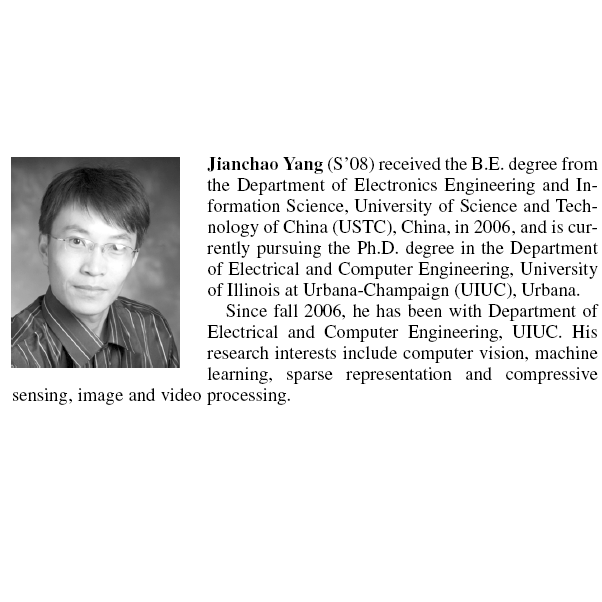Massive machine-type communications (mMTC) or massive access is a critical scenario in the fifth generation (5G) and the future cellular network. With the surging density of devices from millions to billions, unique pilot allocation becomes inapplicable in the user ID-incorporated grant-free random access protocol. Unsourced random access (URA) manifests itself by focusing only on unwrapping the received signals via a common codebook. In this paper, we propose a URA protocol for a massive access cellular system equipped with multiple antennas at the base station. The proposed scheme encompasses a codebook enabling construction of sparse transmission frame, a receiver equipped with dictionary learning and error-correcting codes and a collision resolution strategy for the collided codeword. Discrepant to the existing schemes with necessary overhead for preamble signals, no overhead or pre-defined pilot sequences are needed in the proposed scheme, which is favorable for energy-efficient transmission and latency reduction. Numerical results verify the viability of the proposed scheme in practical massive access scenario.
翻译:大规模机型通信(MMTC)或大规模接入是第五代(5G)和未来蜂窝网络的一个关键情况。随着设备密度从数百万到数十亿的急剧上升,独特的试点分配在用户识别公司内部无赠款随机访问协议中不再适用。无源随机访问(URA)仅仅侧重于通过共同代码簿解封接收的信号,就表现为无源随机访问(URA)仅仅侧重于通过共同代码簿解封接收的信号。在本文中,我们提议为基地站配备多天线的大型接入移动电话系统制定一个URA协议。拟议计划包括一个代码簿,用于构建稀疏传输框架,一个装有字典学习和错误校正代码的接收器,以及拼接编码的碰撞解决战略。与现有的计划相悖,对序言信号的必要间接费用,不需要任何间接费用或预先界定的试点序列。拟议计划有利于节能传输和减少液态。数字结果验证了拟议计划在实际大规模接入情况下的可行性。</s>



